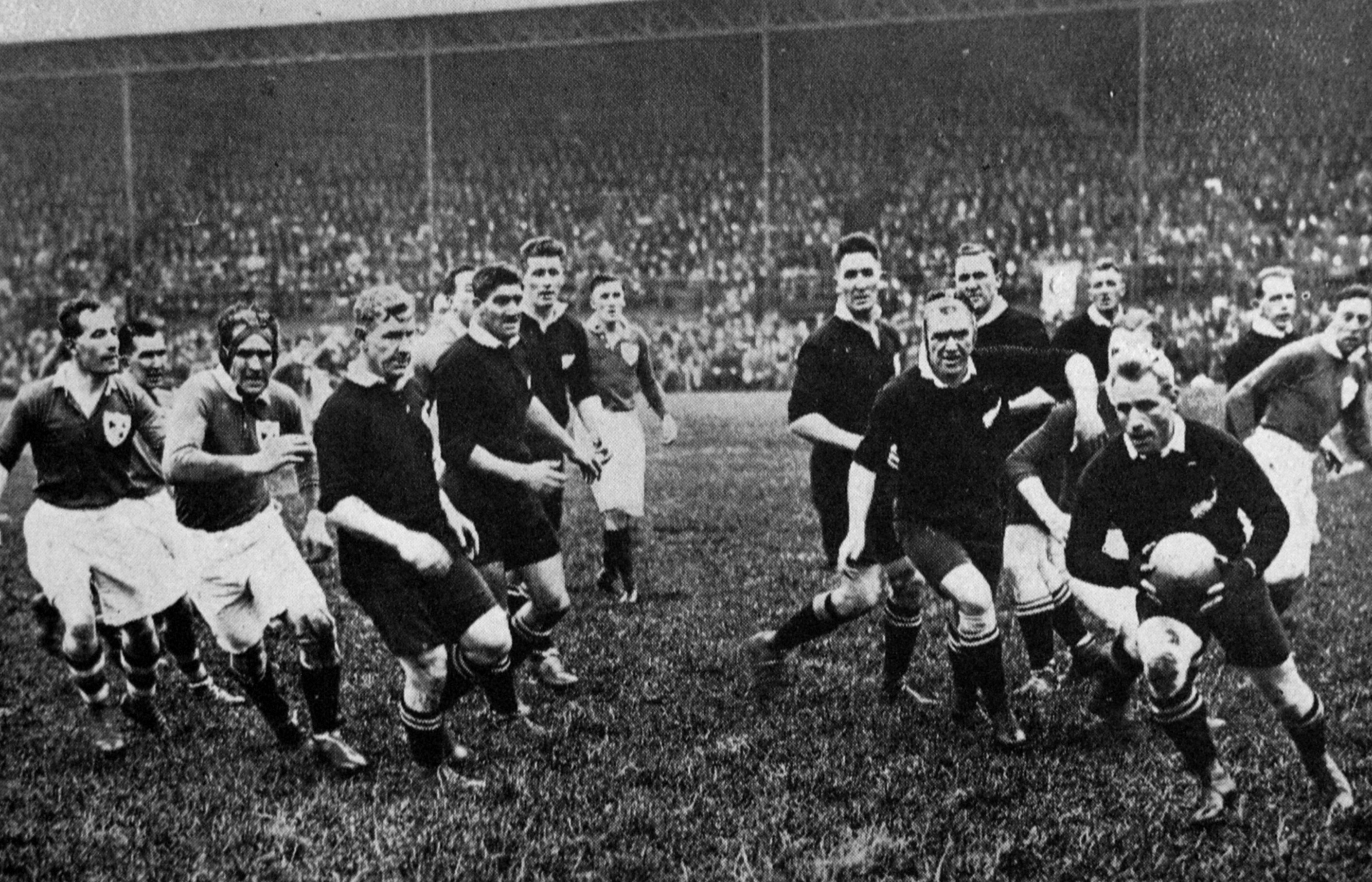

During the continuous downpour they made a number of determined rushes, but failed to beat the scientific defence. The game was finely defended on both sides to the end.
— Reuters
America votes
The whole of the United States will be pervaded today by the excitement attendant on Presidential and Congressional elections. The great party conventions selected the presidential and vice-presidential candidates some months ago. Now the opinion of the nation is to be sounded, in the manner prescribed under the Constitution. The duty which each State is exercising today is to choose a number of "presidential electors" equal to the number of its representatives in both Houses of Congress. These presidential electors constitute what is called the Electoral College, and their selection determines the choice of President. Nobody is interested in their subsequent procedure of voting for President and Vice-president, because that is a cut and dried affair. The presidential electors exercise no discretion in the matter, for they are chosen under a pledge to vote for a particular candidate. They are merely servants of the party machine and when the result of the polling for their selection is known, the presidential contest is over, at least in normal circumstances.
A consequence of this method of choosing the presidential electors is to bring about an election virtually by States, for the present system of choosing the electors by general ticket over the whole State causes the whole weight of a State to be thrown into the scale of one candidate, that candidate whose list of electors is carried in the given State.
— Editorial
Bounteous nature in Catlins
“You would rejoice in the bird-life here,” Mr S.F. Whitcombe wrote from Pounawea, near Owaka, Otago, on October 10.
"The bellbird, the tui, the fantails and the tomtits are very plentiful this year. In Telford’s Bush, opposite Pounawea, across the estuary, there are quite a number of green parakeets with red heads. It is quite a pleasure to see them again, as they are scarce in the southern forests. The kowhai was very brilliant this season, but now is going off but the bush is full of the clematis.”
Where have all the authors gone?
Mr W. McEwan, librarian of the Dunedin Public Library, reports that the threat of prosecution has almost totally removed the pilfering of magazines. The class of literature which is coming out to New Zealand, he states, shows no improvement, and only 10 percent of the books submitted for inclusion in the library shelves are accepted.
It is his opinion that we shall have to wait for another generation before we get better books, owing to the large number of young men who fell in the Great War.
Slight drop in jobless
The position regarding unemployment in Dunedin is easier than was the case a few weeks ago, although there are still a number of men seeking work. There are about 12 names of unemployed on the books of the local office of the Labour Department and, as far as the Otago Labour Council is concerned, there has been a slight reduction.
— ODT, 4.11.1924 (Compiled by Peter Dowden)











